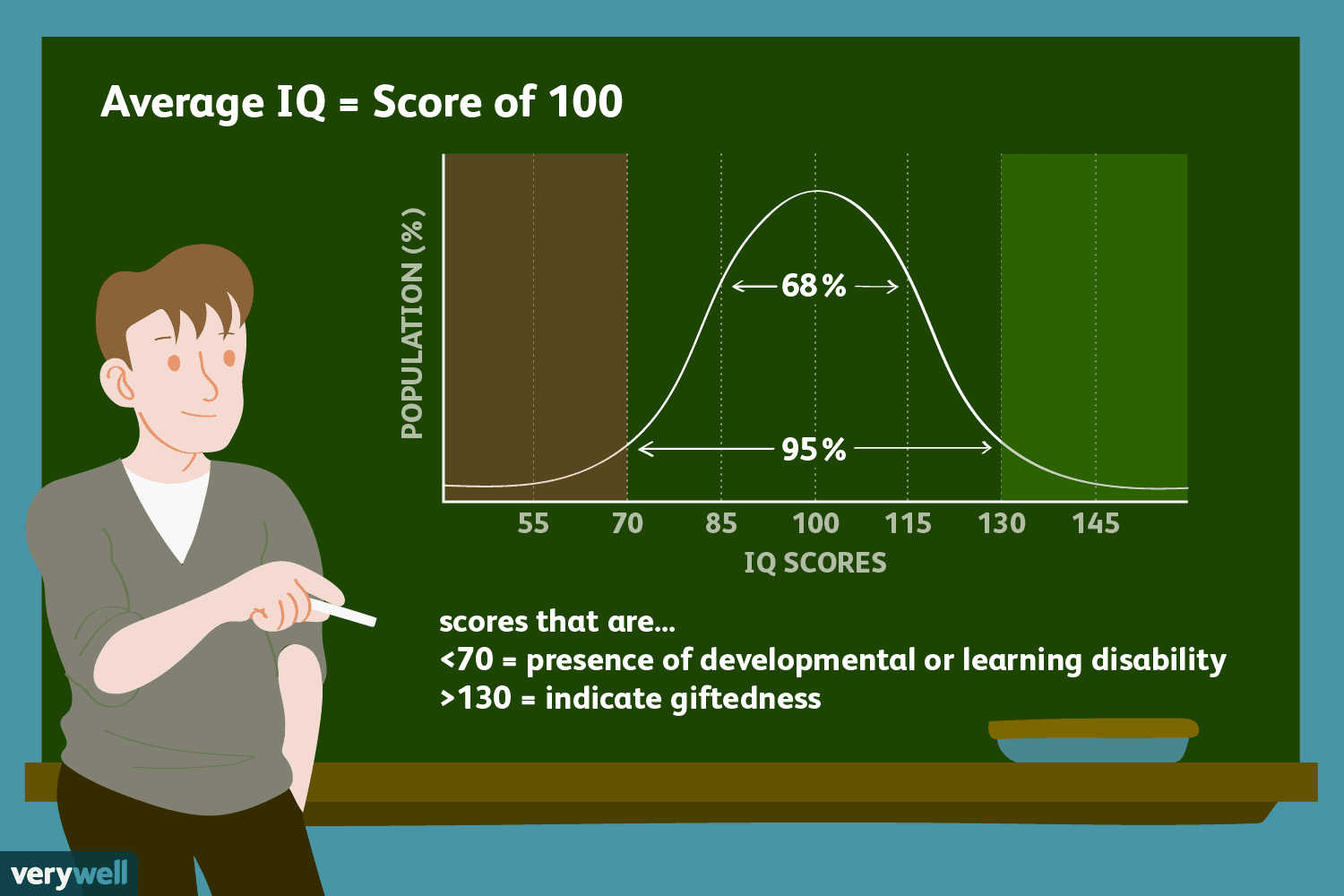In the realm of intelligence testing, few topics are as contentious and steeped in controversy as discussions surrounding the purported differences in IQ scores among racial groups. The notion that individuals of African descent have lower IQs than their counterparts from other racial backgrounds has persisted for decades, fueling misguided stereotypes and perpetuating harmful biases. As a black professor dedicated to promoting intellectual honesty and dismantling unfounded beliefs, I find it imperative to engage in a comprehensive debunking of these misleading ideas.
Understanding IQ
Before delving into the debunking, it’s crucial to comprehend what IQ (Intelligence Quotient) truly measures. IQ is a numerical representation of an individual’s cognitive abilities, derived from standardized tests designed to assess various mental abilities, such as problem-solving, critical thinking, and memory. However, it’s essential to recognize the limitations and complexities inherent in the concept of intelligence.
Debunking Popular Points
1. Genetic Predisposition
- Claim: Some argue that genetic factors contribute to lower IQ scores among individuals of African descent.
- Debunk: The Human Genome Project, a landmark scientific endeavor, has unequivocally established that there is no genetic basis for differences in intelligence among racial groups (Nature, 2001).
2. Socioeconomic Status
- Claim: Proponents of the IQ disparity theory often attribute differences to socioeconomic factors.
- Debunk: Research indicates that socioeconomic status alone does not account for the entire variance in IQ scores. Socioeconomic factors, while influential, do not explain the entire story (American Psychologist, 2016).
3. Cultural Bias in IQ Tests
- Claim: Critics argue that IQ tests are culturally biased, disadvantaging certain ethnic groups.
- Debunk: Efforts to create culturally fair IQ tests have been ongoing for decades. Modern intelligence tests are meticulously designed to minimize cultural biases, and extensive research supports their validity across diverse populations (Journal of Applied Psychology, 2017).
4. Heritability of Intelligence
- Claim: The heritability of intelligence is often cited as evidence for genetic differences.
- Debunk: Heritability does not imply immutability. It merely measures the extent to which genetic factors contribute to individual differences within a specific population, not across populations (Psychological Science, 2018).
Pros and Cons of IQ Measurement
While IQ tests can offer insights into cognitive abilities, it is essential to acknowledge both their strengths and limitations.
Pros:
- Predictive Validity: IQ scores have demonstrated predictive validity in various life outcomes, including educational attainment and job performance.
- Research Tool: IQ tests serve as valuable tools in psychological research, allowing scientists to study cognitive processes and identify cognitive disorders.
Cons:
- Cultural Bias: Despite efforts to reduce bias, some cultural elements may still influence test performance.
- Limited Scope: IQ tests primarily measure a narrow range of cognitive abilities, neglecting other essential aspects of intelligence, such as creativity and emotional intelligence.
Taking IQ with a Grain of Salt
It is imperative to approach IQ scores with caution, recognizing their limited ability to encapsulate the richness and diversity of human intelligence. Singular metrics cannot capture the multifaceted nature of intellectual capacities, which encompass a vast array of skills and talents. Embracing a holistic view of intelligence acknowledges the uniqueness of each individual, irrespective of their racial or ethnic background.
Conclusion
In our pursuit of knowledge, it is paramount to challenge and dispel unfounded beliefs that perpetuate harmful stereotypes. The idea that individuals of African descent inherently possess lower IQs is not only scientifically unsubstantiated but also perpetuates harmful biases. By understanding the intricacies of IQ testing, acknowledging its limitations, and fostering a nuanced perspective on intelligence, we can contribute to a more inclusive and equitable society. It is time to discard the shackles of outdated beliefs and embrace a narrative that celebrates the diversity and brilliance present in every individual, regardless of their racial background.





